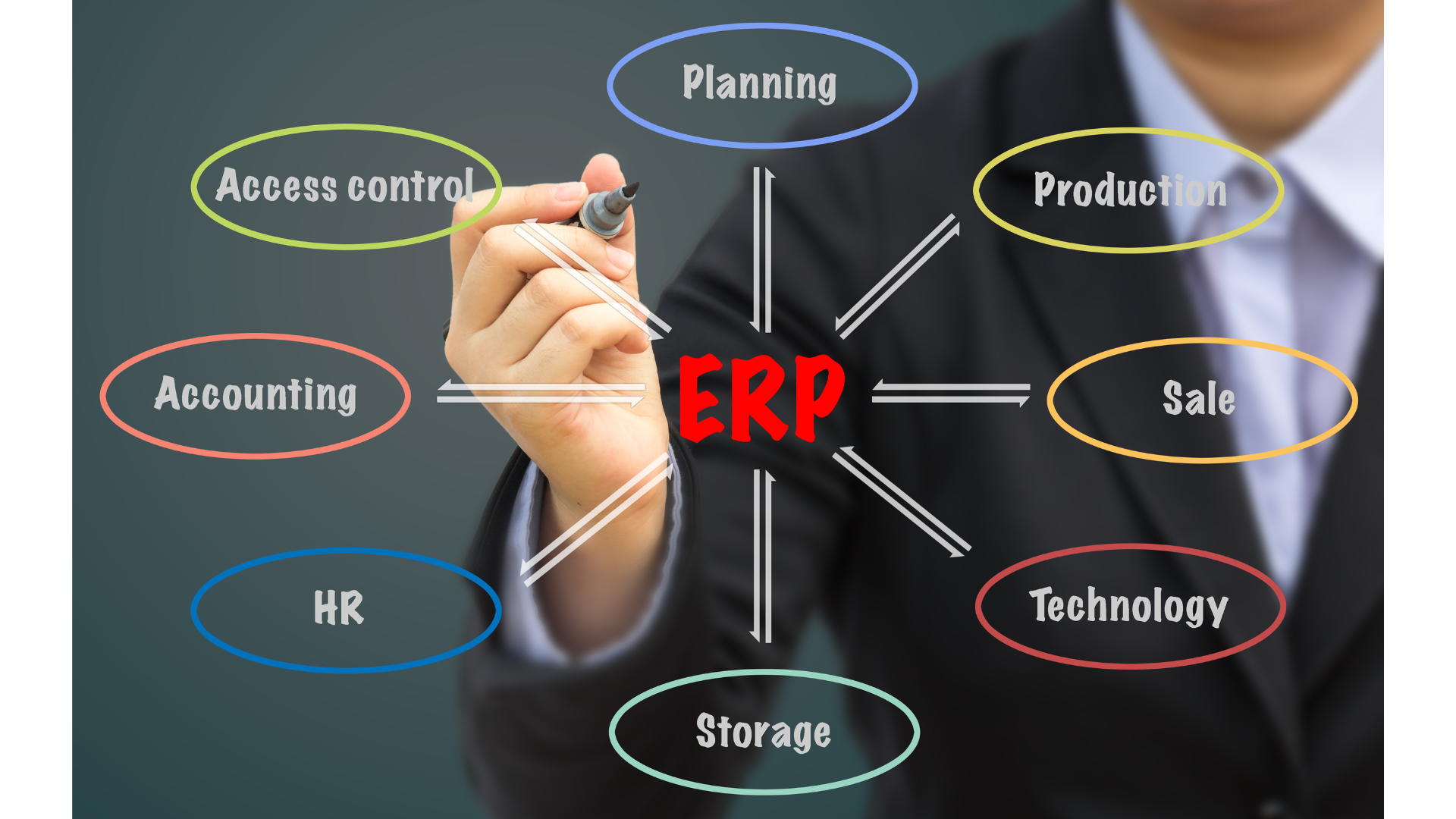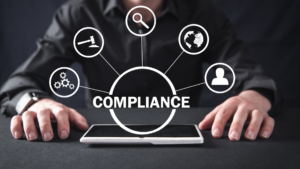Why is enterprise resource planning software so important to your business? As a business owner, you likely spend most of your day dealing with the challenges of juggling the different elements that go into running your company. Whether it be trying to stay on top of things like accounting, customer service, manufacturing, purchasing, and supplier quality control – managing all those aspects from one system might make life a little bit easier. In this post, we’re going to explore how you can bring about such an ideal condition in your business environment through a software solution.
What is ERP?
ERP stands for enterprise resource planning. An ERP application is a business management software that helps organizations track and manage their business processes in one central system. ERP systems are typically used to track inventory, financials, human resources, and other data. These days, companies can take the help of agencies similar to Syte Consulting Group to figure out the best ERP software or strategy for their organisation so that they would be able to make wise decisions pertaining to it.
How Does an ERP System Work for a Business?
An ERP system typically includes a central database that stores information from all of an organization’s departments and applications. This centralized database in real-time makes it possible for different departments to share information and access the same data in real time. This makes it easier for businesses to track their performance and make better decisions. For example, a construction business has to keep track of things like inventory management, machine scheduling, supply chain management, etc. To keep track of all these processes in real-time, things like crane scheduling software and similar management software are immensely helpful.
ERP can be deployed as on-premise software or as cloud-based solutions. On-premise ERP systems are installed on the company’s own servers, while cloud-based solutions are hosted by the ERP vendor.
An important consideration is that cloud-based ERP systems are becoming more popular because they are easier to implement and require less maintenance than on-premise solutions. They are also more scalable, so businesses can pay for only the resources they need.
Why Should Your Business Use Enterprise Resource Planning Software?
There are many benefits to using ERP software, including:
Improved efficiency and productivity
Data that is stored in one central location is much easier to retrieve and use. This can save time and increase productivity across your organization.
Better decision-making
With improved access to data, you can make more informed decisions about your business. This can lead to increased profits and improved operations. For instance, with ERP in use, you can find where you are unnecessarily losing money in regard to your business –perhaps you can discover that your bills are unfathomably high for your business-related voice calls. Once you are aware of this information, you can easily make an informed decision to switch to SIP (Session Initiation Protocol)– a method of delivering telephone and other unified communications services over the internet, which is way cheaper than traditional telephone lines or PRIs (Primary Rate Interface). All you would need to do is find a reseller in your vicinity who can offer affordable sip trunk pricing.
Reduced costs
ERP software can help you automate tasks and eliminate manual processes. This can save money and increase profitability.
Greater visibility
With ERP software, you can gain greater visibility into your business operations. This can help you identify problems and areas for improvement.
Increased customer satisfaction
By streamlining your operations and improving efficiency, you can provide a better experience for your customers. This can lead to repeat business and increased sales. And because you have better visibility of your stock levels, you can avoid running out of stocks and you can deliver orders on time.
Increased flexibility
One final benefit of using an ERP system is that it can provide your business with increased flexibility. This is because the system can be easily customized to suit the specific needs of your business, meaning that you can tailor it to exactly how you want it to work.
Potential Drawbacks to Using ERP Software
While ERP software can offer a number of benefits to businesses, there are also some potential drawbacks that should be considered before investing in a system.
Complexity
One of the biggest potential problems with ERP software is that it can be inflexible and difficult to customize. This can be a major issue if your business needs to change its processes or operations down the line. Additionally, ERP systems can be complex and challenging to learn and use, which can lead to frustration and decreased productivity among employees.
Initial and maintenance cost
Another potential drawback is that ERP software can be expensive, both in terms of initial implementation costs and ongoing maintenance and support fees. Also, because ERP systems are such critical components of business operations, companies can be at risk if their system goes down or experiences an outage.
Alternatives to an ERP System for Businesses
There are a few alternatives to ERP systems that may be more suitable for your business, depending on your specific needs.
Project Management Software
One alternative to an ERP system is using a project management system. This can be especially helpful if your business is primarily project-based. Project management systems can help you keep track of deadlines, assigned tasks, and progress on each project. Similarly, if your company utilizes PowerPoint, Word, or any other Microsoft applications to work on projects, sourcing office 365 managed services from external IT-based companies may facilitate better overall performance by mitigating security issues, adjusting workflows, creating reports, and much more.
Accounting Software
Another alternative is to use accounting software specifically designed for small businesses. This can be a good option if you don’t need all the features offered by an ERP system and you want something that’s more focused on accounting and financial management.
Customer Relationship Management (CRM) Software
There are also a number of software customer relationship management capabilities. This can be helpful for businesses that want to track their customer interactions and manage their sales pipeline.
Ultimately, the best software solution for your business will depend on your specific needs. If you’re not sure which type of system would be best for you, it’s worth talking to a software consultant who can help you evaluate your options and make a recommendation.



